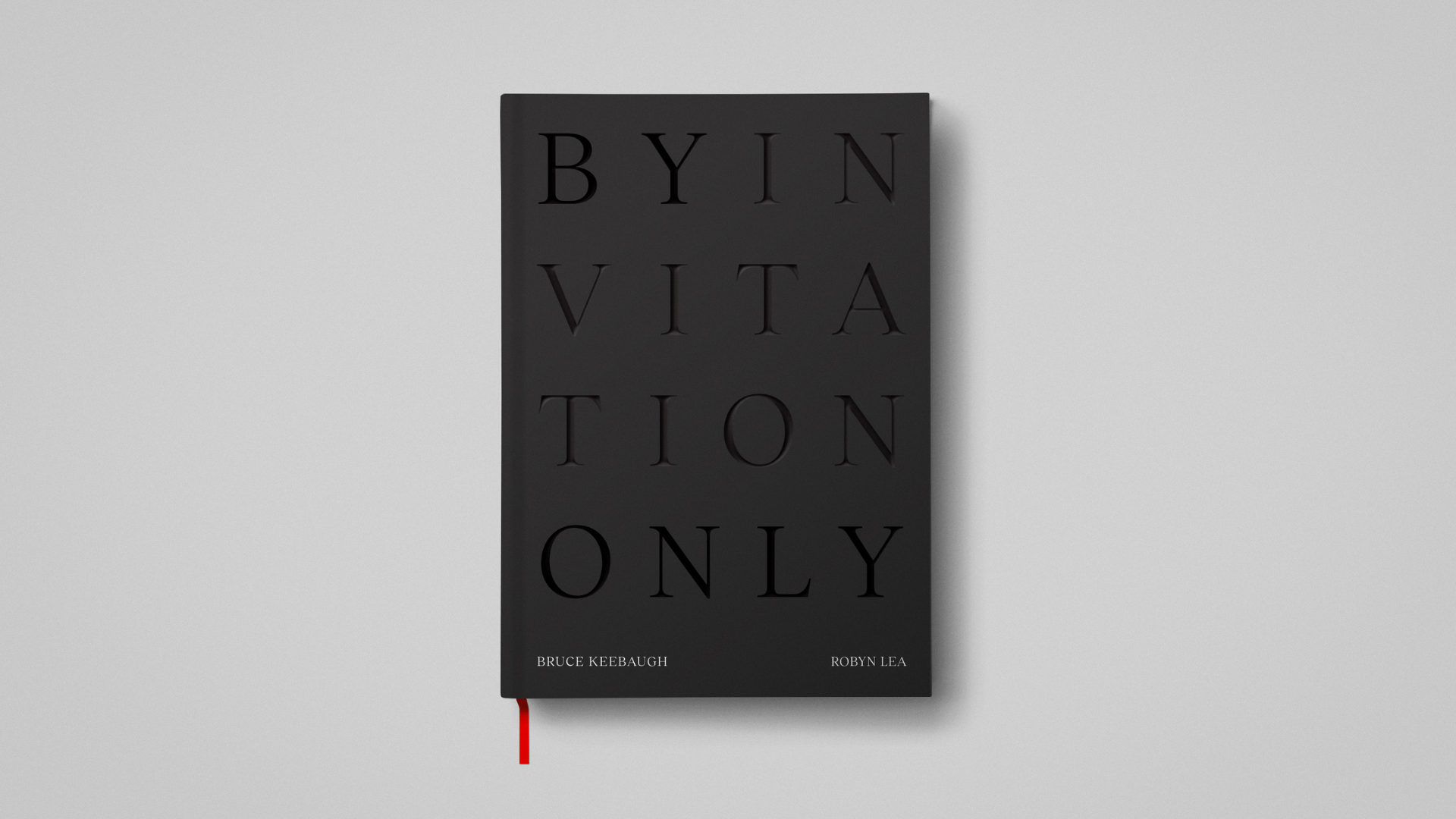Are you a ‘precrastinator’, or just super organised?
The tendency to get tasks out of the way quickly is the latest behavioural trait to receive a snappy label. But is the coining of 'precrastination' just another classic case of pathologising benign behaviour in pursuit of making sense of ourselves?

I RECENTLY RETURNED from a weekend trip to the Gold Coast with my family. The first thing I did once back inside our apartment was unpack, throwing dirty clothes into the washing basket and throwing my suitcase back in the wardrobe. Done. My wife, on the other hand, dumped her suitcase in the living room, where it proceeded to sit for a few days before she finally got around to putting it away. She was delaying commencement of an unappealing task, otherwise known as procrastinating.
I was getting the task out of the way, a form of behaviour that, until recently, didn’t really have a label. You could call me organised, scrupulous, productive, or in my wife’s words, a ‘psycho’. But now pop-psychology has come to the rescue with a seductively applicable term, one that seems like it should have always existed, given its commonly used cousin. Yes, I’m a precrastinator.
The term has its origins in a 2014 study published in the journal Psychological Science, yet it hasn’t really received mainstream use, at least until recently. The shiny newness of the term can be ascertained by the fact that my autocorrect keeps changing it to ‘procrastinate’. You can practically smell that new-word feel.
My precrastination (autocorrect just did it again), also stems to such perfunctory tasks as eating dinner. I detest green vegetables but eat them anyway, because, well, I’m an adult. But since I was a kid, I have always attacked those nutritional gargoyles first in order to get the fuckers out of the way, so that I can enjoy my steak, roast potatoes etc. Classic precrastinator behaviour.
The precrastinator’s rationale is that by proactively pouncing on a task, you no longer have to devote mental energy to it and can smugly add another tick to your daily to-do list. Disclosure: this story was number three on my daily to-do list and while I’m enjoying writing it, I will feel even better when it’s in my rearview mirror.
Precrastination is, of course, the opposite of its etymological mother, procrastination – putting things off until the last minute then frantically answering a mountain of emails or a psyche-draining conga line of domestic chores.
But while outwardly precrastination sounds like a positive behavioural trait, like anything, you can take it too far.
“One can envision precrastination and procrastination as two extremes,” Christopher Gehrig, a psychology professor at Helmut Schmidt University in Germany told The Guardian. As Gehrig notes, in our haste to get unappealing tasks out of the way, precrastinators often rush them, rather than doing them properly. We fire off emails without putting in due thought, for example, as we have a mortal fear of our inbox getting overloaded or important messages forgotten.
In one study, Gehrig linked precrastination to neuroticism, a trait often linked to a higher occurrence of negative emotions. Being a precrastinator could also potentially increase your stress levels, particularly if you’re struggling to stay on top of all your tasks, which could, in turn, lead to burnout.
These are potentially serious issues and it’s easy to see many people, such as myself, relating to these tendencies and perhaps finding comfort in the fact that the behaviour has been recognised and labelled, and that there are others out there who similarly labour under the weight of our own insecurities.
At the same time, however, you might also wonder if precrastination is yet another example of pathologising a largely benign and, in many cases positive trait, in pursuit of a worthy goal, such as making sense of our inexplicable selves, but also in chasing a more trivial one, such as semantic resonance. Further down the digital drain – TikTok, in other words – if the word catches on, it’s easy to foresee a bumper harvest of #precrastination content flood our feeds. At the time of writing, I can’t find any references to precrastinate on TikTok, though there is a mountain of procrastination material – presumably made by people delaying more important tasks. It might be worth checking back in six months – precrastinating content creators, stop procrastinating and get on this!
From there, the word could conceivably go mainstream, as it enters the vernacular: “Sorry hon, I precrastinated with dinner, didn’t really cut the carrots properly”. Heck, it might even have a shot at various dictionaries’ ‘Word of the Year’ honour – ‘rizz’ was the Oxford Dictionary’s for 2023, which is a tough act to follow, but I, for one, will be rooting for you precrastinate.
It’s worth asking if the behavioural patterns that distinguish precrastinators, while certainly relatable, would find quite the same reception if it weren’t for the preternatural etymological brilliance of the word. Coining phrases is one thing; coining conditions is next level. I suspect that without the elegant simplicity offered by the substitution of prefixes from ‘pro’ to ‘pre’, us precrastinators would have continued to have been miscast as conscientious, neurotic, scrupulous, or ‘psycho’ folk, never getting stroked by the golden glove of mainstream therapy and all that comes with it.
Psychologist Oliver Burkeman wrote of precrastination: “The special danger of precrastination is that, unlike procrastination, it doesn’t feel naughty.” That perhaps explains why the behaviour has previously gone unnoticed on the domestic front, and largely conflated with productivity in the corporate world.
For the most part, pre- and pro- crastinators will continue exhibiting their mild behavioural quirks as they go about their daily lives. As the delightfully named Chastity Church asked in iconic late ’90s teen comedy Ten Things I Hate About You: “I know you can be overwhelmed and I know you can be underwhelmed. Can you ever just be whelmed?” The answer, I discovered, is that you can, and thanks to Church’s inquiry, the word has achieved some moderate success (particularly among detached sardonic types), as meaning mildly impressed or a point between the two extremes of under and over, though its usage is most similar to overwhelmed.
Similarly, plain old ‘crastination’ does come up in some online dictionaries but usage is overwhelmingly (or perhaps just ‘whelmingly’) in the context of procrastination – there is a god-tier meme out there in the digital back blocks: “I used to crastinate, then I went pro”, which now, of course, needs to be updated.
All this is to say, there is one state of being that despite receiving forensic dissection over the years, has yet to be corrupted by pop-psychology or the social media industrial complex and remains stoic in its semantic purity: living.
Related:
How to decode therapy-speak: Are you triggered or just angry?























